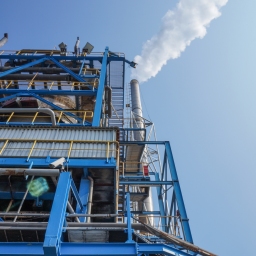Petrochemical Landscapes: A European Perspective
Dr Calvin Jephcote, University of Warwick Petroleum has been the fuel for dramatic change in the twentieth century, as a source of energy it has revolutionised transport and powered technological advances, but as a chemical it has also enabled humankind to engineer synthetic environments. The petrochemical industry was initially created from the desire to commoditise … Continue reading Petrochemical Landscapes: A European Perspective









